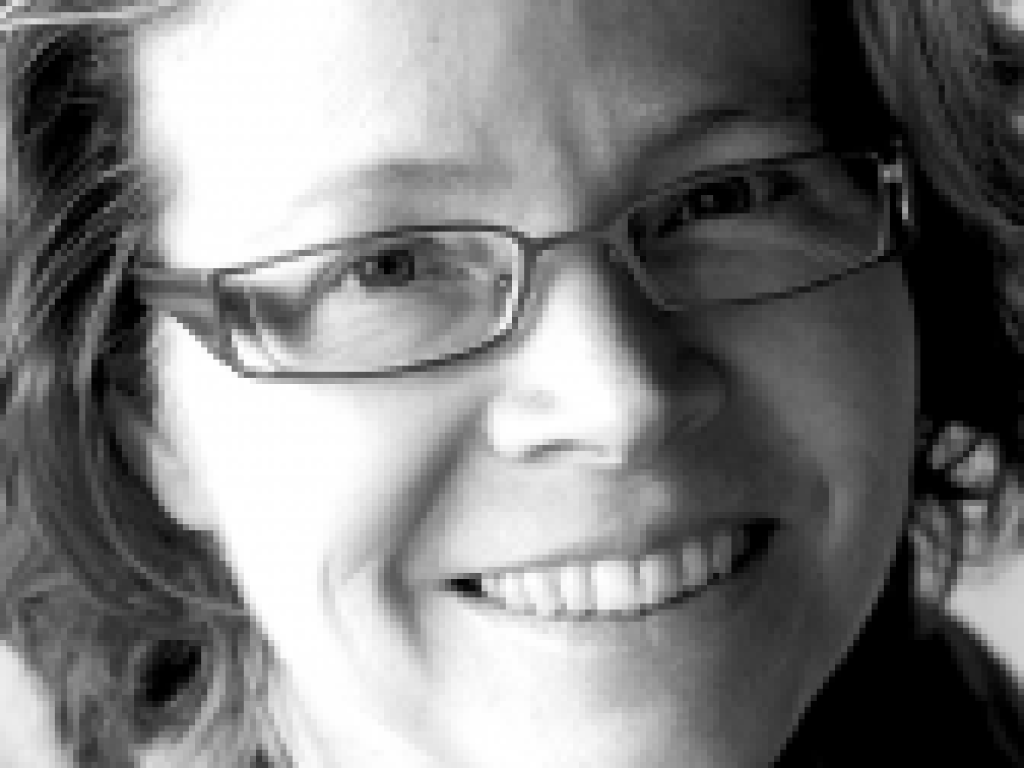The complexities of climate change governance

At an ACDI Seminar on Tuesday 30 September, Prof Katrien Termeer from Wageningen University in the Netherlands discussed the role of governance in addressing climate change. Termeer, from Wageningen’s Public Administration and Policy Group, introduced herself to the full room by saying that climate change is not only a technical issue, but also a matter of governance, which involves varying interests, conflict and political struggle. She defines governance not only as an operation by government, but also as an interaction between public and private actors who aim to meet collective goals – these actors include people partaking in citizen protests and social movements as well as partnerships.
The problems concerned with governance are complex, and Termeer refers to values as a key part of these complexities: “Disagreements are also based on values which are used to evaluate solutions and development goals,” she said. She then explains a category of complex problems called “wicked” problems – essentially defined by Termeer as when “the formulation of the problem is the problem.” She elaborates that every problem can be considered a symptom of another problem and that today’s problems emerge as a result of trying to solve yesterday’s problems.
To explain the complexities of problem identification in governance, Termeer considers government structures to be complex and fragmented with many layers. Those levels all have different goals. “There is even competition between them.” She added that in places with a lack of good formal governance, informal structures sometimes work in parallel with or replace formal structures – illustrating how fragmented governance can be in its entirety.
As part of her research, Termeer is currently looking at decision-making models. She has found that current models are mostly monocentric – they are based on a simplification of reality and tend to neglect politics. According to Termeer power is always involved in decision-making, and there is no single decision-maker. Coalitions are always needed, and “there is no drastic policy change, it always occurs step by step,” she said. She therefore calls for a more pluricentric model that considers “wicked” problems, many different realities, the struggle dialogue and constant power play, amongst other important factors.
In particular, the climate governance system is even more fragmented than other policy domains. “This is because adaptation and mitigation have to be achieved in domains where climate change is not the primary issue,” Termeer said. This is challenging especially because decisions have to be made now to prepare for a changing future. She explained the importance of implementing adaptive management that takes uncertainty seriously, increases resilience (society’s ability to absorb disturbances and reorganise while change happens) and increases adaptive capacity (actors to reorganise systems within desired states in response to changing conditions and disturbing events).
As a closing thought on pluricentric decision-making models she presented a quote from Elinor Ostrom, the 2009 Nobel Peace Prize winner: “When the world we are trying to explain and improve, however, is not well described by a simple model, we must continue to improve our frameworks and theories so as to be able to understand complexity and not simply to reject it.”